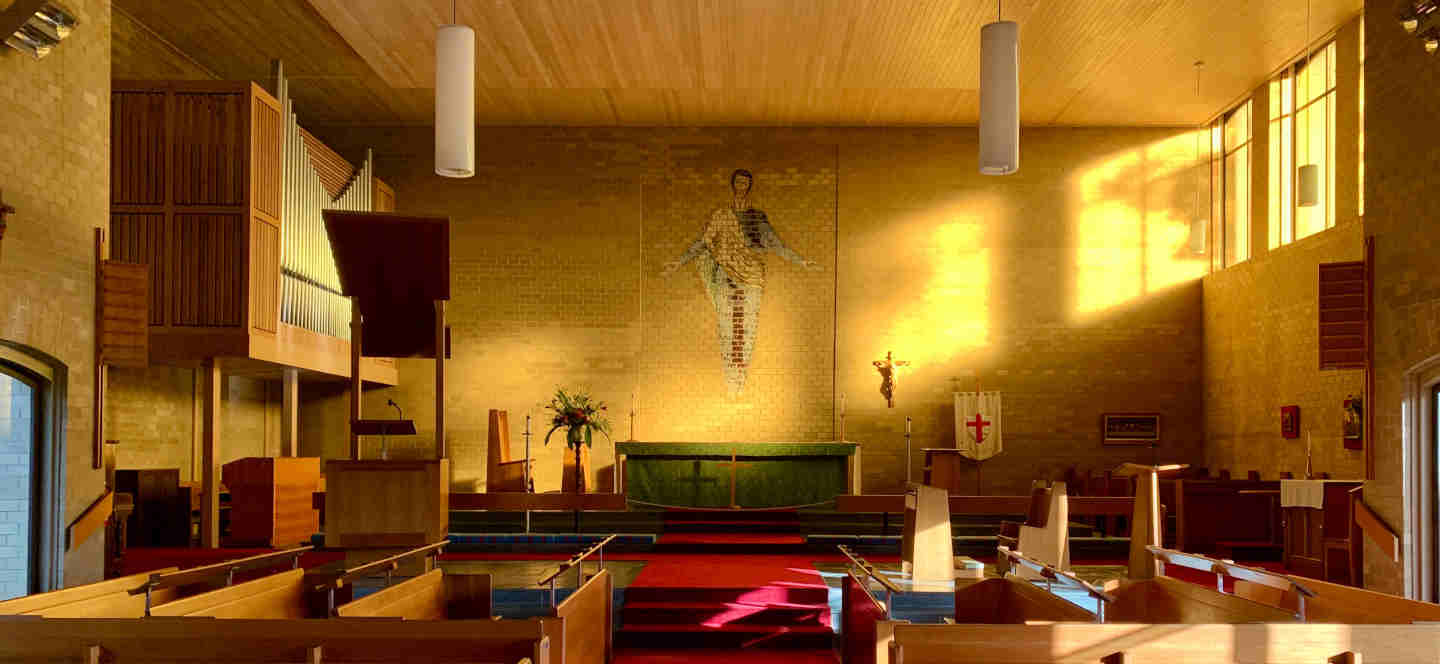Clergy sexual abuse in Newcastle : Statement by the Primate of the Anglican Church of Australia, Melbourne Archbishop Philip Freier
THE MOST REVEREND DR PHILIP FREIER
BAppSc Dip Ed BD MEdSt PhD FAICD
ARCHBISHOP OF MELBOURNE AND PRIMATE OF AUSTRALIA
July 21, 2016
Clergy sexual abuse in Newcastle
Statement by the Primate of the Anglican Church of Australia,
Melbourne Archbishop Philip Freier
The allegations on ABC TV’s 7.30 last night of clergy sexual abuse and predatory behaviour in the Anglican Church in Newcastle, going right up to a former bishop, are shocking and distressing.
As Primate of the Anglican Church of Australia, I welcome the very complete examination these matters – and others to do with the diocese – will receive at the public hearing of the Royal Commission, due in a fortnight. It is important to bring such matters into the open.
The Anglican Church and its officers will give their full cooperation to this inquiry.
No system can ever guarantee to keep out all predators, but the Church has worked hard to improve its protocols and practices in the past few years, and we are very open to advice from the Royal Commission.
In Victoria, the Church responded immediately to recommendations by the Victorian Parliamentary Inquiry into how the churches responded to abuse. One measure was incorporating the dioceses so that they could be responsible under law.
We express our solidarity with and prayers for Newcastle Bishop Greg Thompson and his officers who have worked diligently to end the culture of abuse and silence within the diocese.
A prayer offered at this time by the Primate of Australia, Dr Philip Freier
Dear God, who knows of human suffering in Jesus Christ,
We bring before you those who suffer from child sexual abuse,
be with them in their pain and grant healing in body and mind.
We Bishops of the Anglican Church of Australia, come before you in deep sorrow and humility as we join together in prayer,
keeping at the forefront of our prayers, the survivors of abuse with their families and friends. Comfort and guard them as their betrayal and suffering is relived.
We thank you for Bishop Greg, John Cleary the Director of Business Services and Michael Elliott the Director of Professional Standards, the three men who appeared on the ABC’s 7.30 last night, that they would be protected and upheld as they undertake their role in bringing forth truth for justice and compassion.
We ask your care of the ABC staff as they engage with the trauma of child sexual abuse and the deceit and betrayal of the perpetrators.
We pray for the perpetrators of abuse and those involved in covering up this criminal behaviour that they might acknowledge the evil and damage that they have done and be brought to justice with repentance and a will to change their lives.
We pray for the Royal Commission to be held next month that it will discover the truth and bring forth knowledge to protect children that all children will live free of the evil of sexual abuse.
Finally, we prayer for ourselves as we continue to engage this evil and its tragic consequences, and for wisdom as we seek to understand and respond to survivors and those directly involved and for our wider constituencies.
All this we ask in the name Jesus Christ.
Amen.



